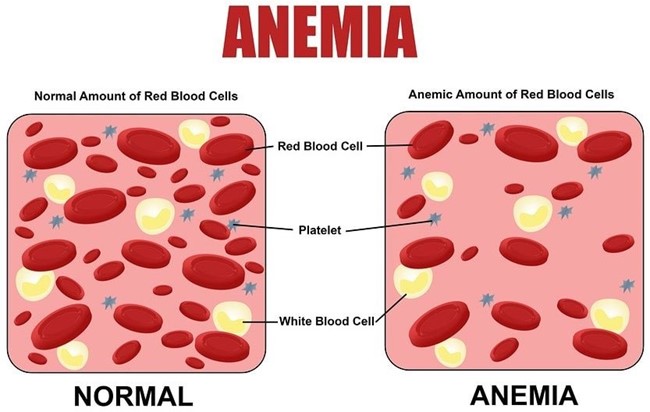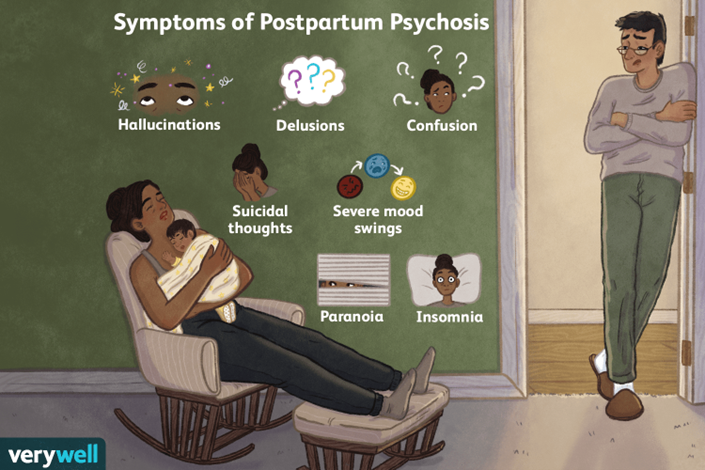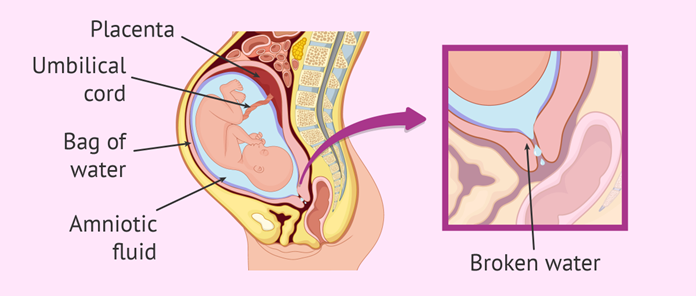During a well-baby clinic visit, a mother tells the practical nurse (PN) that her 12-month-old infant is not yet eating solid foods and drinks whole milk from a bottle. Based on these assessment findings, this infant is at the greatest risk for developing which condition?
Allergies related to whole milk.
Anemia due to lack of iron.
Obesity due to increased calorie count.
Lactose intolerance due to whole milk.
The Correct Answer is B
Based on the assessment findings, the infant is at the greatest risk for developing anemia due to a lack of iron. Infants should begin eating solid foods that are rich in iron at around 6 months of age to ensure they are getting enough of this important nutrient. Drinking whole milk from a bottle can displace other foods that are rich in iron and contribute to the development of anemia.
Option A, allergies related to whole milk, is a possibility but not the greatest risk in this situation.
Option C, obesity due to increased calorie count, is also a possibility but not the greatest risk.
Option D, lactose intolerance due to whole milk, is a possibility but not the greatest risk in this situation.

Nursing Test Bank
Naxlex Comprehensive Predictor Exams
Related Questions
Correct Answer is D
Explanation
The practical nurse (PN) should recognize that the client who is 2-weeks postpartum and presents with feelings of irritability, severe mood swings, and an irrational sense of her ability to keep her infant safe may be exhibiting symptoms of postpartum psychosis. Postpartum psychosis is a rare but serious condition that can develop after childbirth and is characterized by symptoms such as delusions, hallucinations, and severe mood swings. The client's belief that her infant is going to die and that there is nothing she can do to save her baby may indicate the presence of delusions. The PN should report these symptoms to the appropriate healthcare provider for further assessment and intervention.

Correct Answer is D
Explanation
An increasing trend in maternal heart rate is a sign of fetal distress, which can be a serious complication of PROM. One of the primary interventions for fetal distress is to increase oxygen delivery to the fetus. The practical nurse should initiate oxygen via face mask at 8 to 10 L/min to improve fetal oxygenation.
Contact precautions may be necessary for certain conditions, but they are not indicated for an increasing maternal heart rate.
Inserting a urinary catheter may be appropriate for monitoring output, but it is not the first priority in this situation.
Encouraging the client to push is not appropriate because the client is not in active labor and pushing can cause further complications.

Whether you are a student looking to ace your exams or a practicing nurse seeking to enhance your expertise , our nursing education contents will empower you with the confidence and competence to make a difference in the lives of patients and become a respected leader in the healthcare field.
Visit Naxlex, invest in your future and unlock endless possibilities with our unparalleled nursing education contents today
Report Wrong Answer on the Current Question
Do you disagree with the answer? If yes, what is your expected answer? Explain.
Kindly be descriptive with the issue you are facing.
